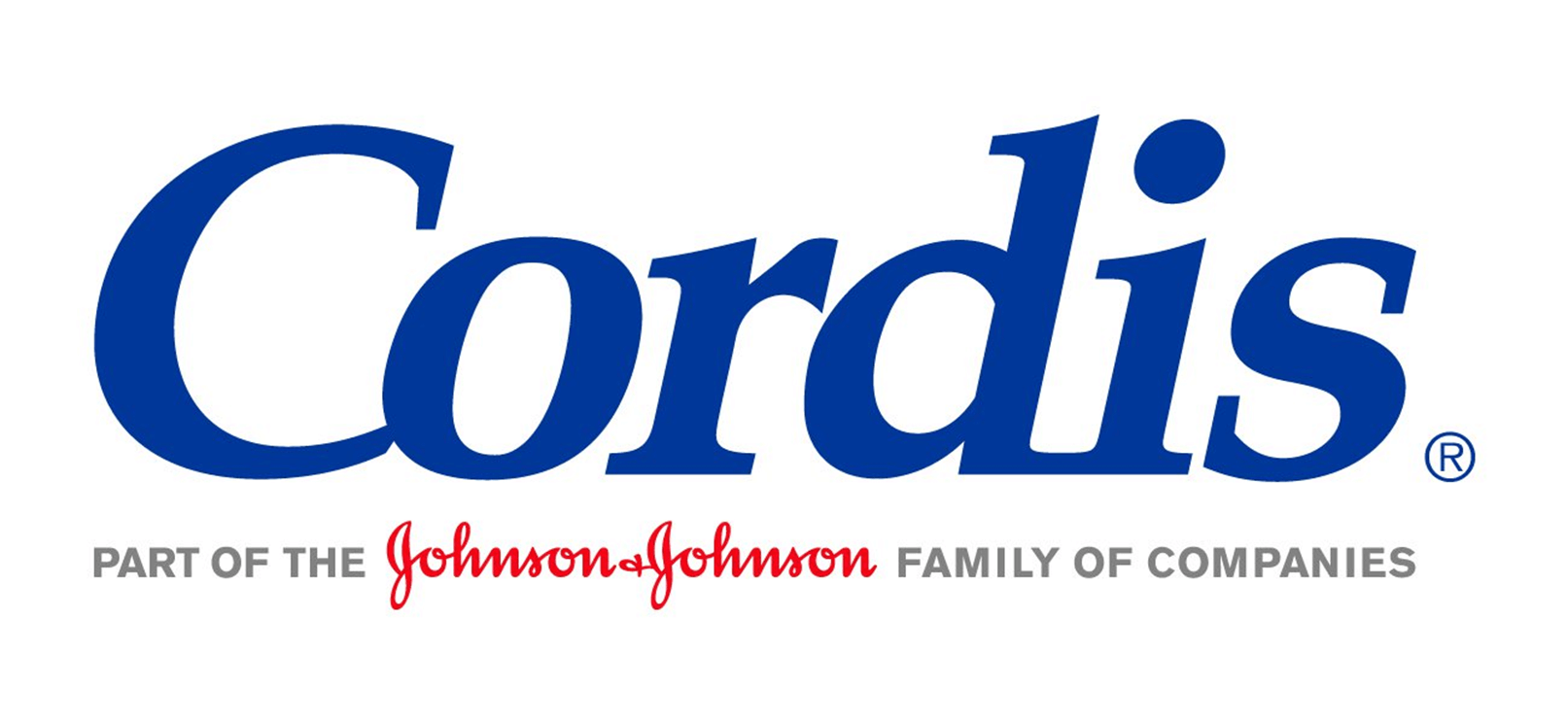In 2011, Steven Akin had an inferior vena cava filter (IVC filter) implanted to help reduce the risk of blood clots traveling into his heart or lungs and causing life-threatening complications. Surgeons implanted an Option IVC Filter manufactured by Cordis Corporation.
In May 2016, Mr. Akin was suffering from chronic back pain, and doctors took x-rays to investigate Mr. Akin’s pain. To both Mr. Akin and the doctors’ horror, the IVC filter Mr. Akin had implanted in 2011 had completely perforated the walls of his inferior vena cava.
Doctors subsequently deemed device removal too risky. Removal would require lacerations be made to the inferior vena cava that would cause more complications, some of which could be life-threatening.
Mr. Akin has no choice but to live with the perforated device implanted in his body, and he continues to suffer from complications that require ongoing medical monitoring. Mr. Akin is also at a much higher risk to experience future IVC filter complications like thrombosis, filter fracture, migration, and tilting, among others. Mr. Akin filed a lawsuit against Cordis Corporation alleging the company failed to warn him of the risks associated with the device.
The Option IVC filter is a highly controversial device because it was approved by the FDA’s 510(k) process, meaning the device manufacturer did not have to perform clinical trials to gain approval because its device was similar to other devices currently on the market. Some of the similar devices included the Recovery IVC filter manufactured by C.R. Bard, which was voluntarily recalled in 2005 for a high failure rate.
While it will be some time before Mr. Akin’s case makes it trial, the IVC filter lawsuits against Cook Medical and C.R. Bard could set an important precedent for litigation against Cordis Corporation. Bellwether trials against both Cook and Bard are scheduled to begin in early 2017.

